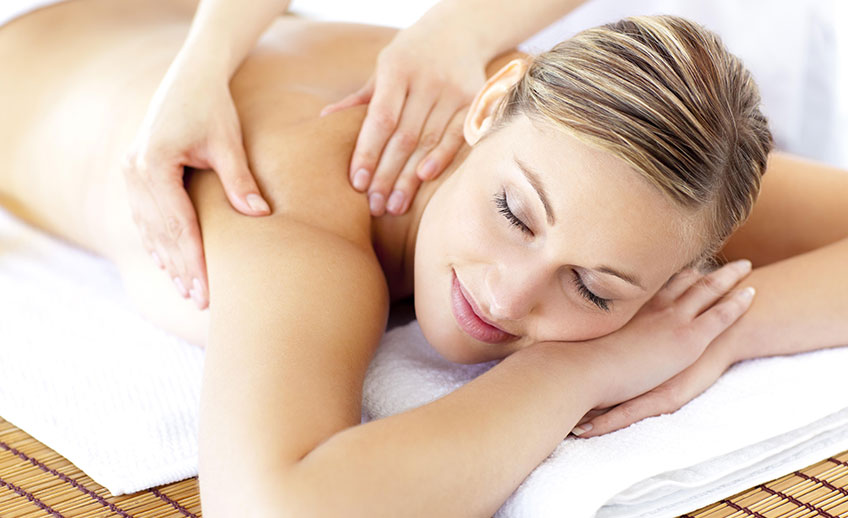Massage
Massage should play an important part in the life of any man or woman, whether they are injured or not.
Massage has a number of benefits both physical, physiological and psychological.
Massage can help maintain the body in generally better condition, prevent injuries and loss of mobility, cure and restore mobility to injured muscle tissue. Massage can boost performance and extend the overall life of your sporting career.
Physical effects of massage
Pumping – The stroking movements in massage suck fluid through blood vessels and lymph vessels. By increasing the pressure in front of the stroke, a vacuum is created behind. This is especially important in tight or damaged muscle tissue, as a tight muscle will squeeze blood out like a sponge, depriving the tissues of vital nutrients and energy for repair.
Increased tissue permeability – Deep massage causes the pores in tissue membranes to open, enabling fluids and nutrients to pass through. This helps remove waste products such as lactic acid and encourages the muscles to take up oxygen and nutrients which help them recover quicker.
Stretching – Massage can stretch tissues that could not be stretched in the usual methods. Bundles of muscle fibres are stretched lengthwise as well as sideways. Massage can also stretch the sheath – or fascia – that surrounds the muscle, thereby releasing any tension or pressure build up.
Break down scar tissue – Scar tissue is the result of previous injuries or trauma, and can effect muscles, tendons and ligaments. This can lead to inflexible tissues that are prone to injury and pain.
Improve tissue elasticity – Hard training can make tissues hard and inelastic. This is one reason why hard training may not result in improvements. Massage helps reverse this by stretching the tissues.
Opens micro-circulation – Massage does increase blood flow to tissues, but so does exercise. What massage also does is open or dilate the blood vessels and by stretching them this enables nutrients to pass through more easily.
Physiological effects of sports massage
Pain reduction – Tension and waste products in muscles can often cause pain. Massage helps reduce this in many ways including releasing the body’s endorphins.
Relaxation – Muscles relax through heat generated, circulation and stretching. Mechanoreceptors which sense touch, pressure, tissue length and warmth are stimulated causing a reflex relaxation.
Psychological effects of massage
Anxiety reduction – through the effects mentioned above relaxation is induced and so reduces anxiety levels.
Invigorating – if massage is done with brisk movements, such as what would be done before an event, then this can produce an invigorating feeling.
People often ask when is the best time to get a Sports Massage. Well when I am training for an event I tend to work on four week blocks of build, then have an easier week. A maintenance massage during an easy week can really help recover from the previous hard four weeks, and prepare you for more load. Four weeks works but others can absorb 6-8 build weeks. People who are new to sport, or more fragile to injury, might only manage 2-3 weeks build, whilst those who are competing regularly like to get a massage each week. The important thing is you are experiencing niggles don’t wait until your rest week.
A massage 10-4 days before your event will be of real benefit, as will a recovery massage a day or two afterwards.
